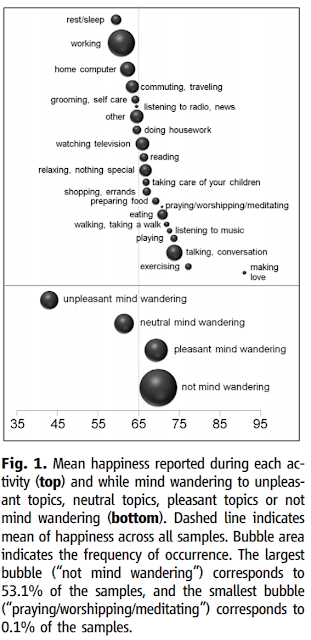More about trade
Hal Varian Chief economist at Google and ex-Berkeley explained easily why everyone wins with trade using the following example:
Imagine a world where American workers could subcontract production to foreign workers on their own. Paul could send an e-mail message with his programming assignments to Avinash every morning and receive the completed work back in the afternoon. In exchange, Paul would buy a money order for one-tenth of his salary each month and send it to Avinash. Paul could take on another job, earning more money, or he could just take it easy. Sound like a good deal for Paul? Of course it is: he would jump at the chance to subcontract on those terms. Even though Paul would hire Avinash to do his job if he could capture the wage difference himself, Paul would still be understandably upset if his employer laid him off and outsourced his job to Avinash. This thought experiment illustrates that the debates about trade are not about whether we should accept those good deals offered to us by cheap foreign labor - of course we should. The debate is all about who will capture the benefits from those deals and who will bear the costs. Ideally, those who benefit the most from trade would compensate those who lose. In practice, virtually everyone benefits to some degree from cheaper goods and services, so compensation for those who lose from trade should come from general revenues.


Comments